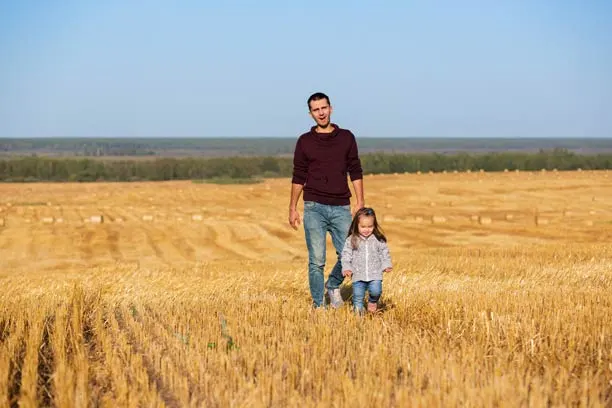How to Sell Rural Land: Step-by-Step Guide for First-Time Sellers


Selling rural land can be a daunting process, but with the right steps, you can go from listing to closing smoothly. Follow this guide to ensure a successful sale.
Here are five considerations to take into account when getting your acreage ready to hit the market.
Selling land through a realtor who specializes in rural real estate can provide numerous benefits. An experienced agent will have a deep understanding of the local market, access to a network of potential buyers and the expertise to navigate the complexities of rural property transactions.
When choosing an agent, country land sellers should look for someone with a proven track record in rural real estate, strong communication skills and a comprehensive marketing plan.
Valuing rural property requires thorough research. Start by examining comparable properties in your area to understand market trends. Consider factors such as property size, location and unique features. Additionally, understand the value of farm land by analyzing soil quality, water availability and potential income from agricultural activities. This research will help you set a competitive asking price.
Property Valuation: Your real estate agent can provide you with a professional property valuation.
Comparable Properties: If there are other acreages that are for sale or have sold recently, the price can be determined more accurately based on what the market is saying.
Market Size: Depending on your market area, the acreage will likely sell fast if priced competitively.
Different buyers have varying interests in rural land. Identify potential land use scenarios such as agricultural, recreational or development purposes. Highlight features that align with these interests, such as fertile soil for farming, scenic views, woods for recreational use or proximity to infrastructure for development.
Tailoring your listing to showcase these features can attract the right buyers.
First impressions matter. Enhance the curb appeal of your property by cleaning up trash, clearing trails, removing brush and painting structures. Regular maintenance tasks like mowing and trimming can also make the property more attractive to buyers.
Effective marketing is key to selling rural land. Utilize traditional methods like placing “For Sale” signage and hosting open houses.
Additionally, leverage online listing websites to reach a broader audience. Take quality photos of your property to showcase its best features and write a compelling description to attract potential buyers.
When the time comes to go through the offers you’ve received on your acreage, there are a few tips to keep top of mind.
Negotiation is an essential part of the selling process. Highlight factors that add value to your property, such as income potential from leases or agritourism businesses, production history, soil fertility and irrigation systems.
These features can justify a higher sale price and make your property more appealing to buyers.
Buyers will likely want to inspect the property before making a purchase. Prepare for inspections by ensuring the property is accessible and presentable.
Understand what rural land buyers might look for, such as land quality, water sources and infrastructure. Being prepared can help facilitate a smooth inspection process.
Consider the pros and cons of different sale structures. Traditional cash deals or bank financing are straightforward but may limit your pool of buyers.
Seller financing or lease-to-own agreements can attract more buyers but come with additional risks for yourself. Evaluate your options to choose the best structure for your situation.
Legal considerations are crucial when selling rural land. Ensure you understand zoning regulations, title history, easements, environmental regulations, water rights and boundaries. Disclose this information to buyers to avoid legal complications and build trust.
Gather all necessary documents to finalize the sale. This includes the purchase agreement, disclosure statements, land survey, deed, title and any required permits or state-specific documents. Having these documents ready will streamline the closing process.
Choose a mutually convenient closing date that works for both you and the buyer. Consider factors such as financing timelines, inspection periods and personal schedules to ensure a smooth transition. Meeting for the closing at a title company or with an attorney can make the process feel more secure.
Coordinate the transfer of funds through secure methods like wire transfers or certified funds. Ensure the sale is recorded with the county properly to finalize the transfer of ownership.
When it comes to selling an acreage, we understand it can be a daunting process. Local professionals are a good resource to utilize when it comes to making a big deal like this. Your local Farm Bureau agent can get you connected with real estate professionals and help make sure your insurance is up to date with your properties.